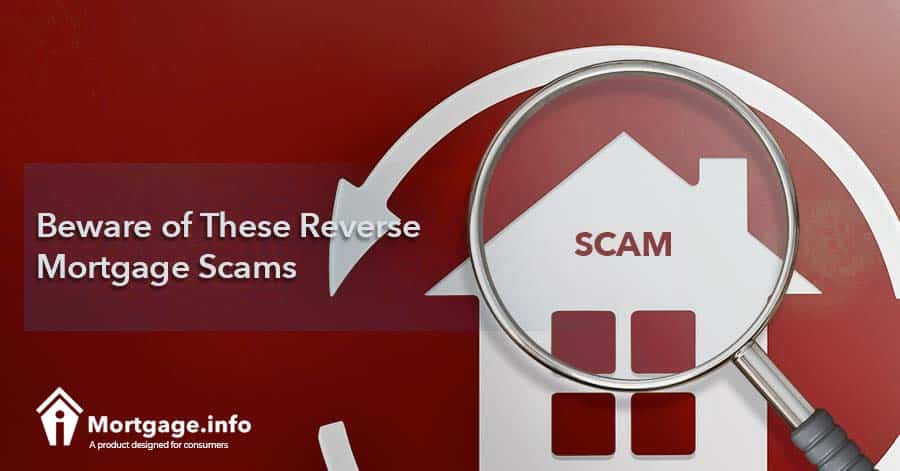
An unfortunate part of the lending world is that there are scams out there that you must be aware of, especially with reverse mortgages. Because this program targets seniors over the age of 62, it is easy to see how there are so many reverse mortgage scams out there. Understanding what to watch out for can help you and your loved ones stay safe and protect your most important investment.
Taking Advantage of Seniors
One of the most common reverse mortgage scams is the high-pressured salesperson that convinces a frail senior they need this mortgage program. We all know that many seniors are already vulnerable and will do whatever someone tells them if they learn they are in trouble or could lose their home. This often occurs with the reverse mortgage – the salesperson preys on seniors that do not know any better, convincing him/her that they NEED this loan or they will not be financially secure.
The best way to ensure this does not occur to a senior you love is to make sure they run all financial decisions past someone. This is especially important if someone approached them rather than the senior initiating the conversation. This way the salespeople can say whatever it is they want to another family member that understands the process and can help the senior make an informed decision regarding their finances.
Not Explaining How the Borrower can Lose the Home
Many lenders hide specific details of the program from seniors, which is yet another scam. One of the biggest tactics used is to hide the fact that the senior can lose his home. Many lenders make the reverse mortgage program seem extremely safe, encouraging seniors to take the equity out of their home. The lender neglects to tell the borrower that any of the following occurrences can result in the loss of his home:
Not keeping up with the property taxes or homeowner’s insurance
- Not living in the home for 12 consecutive months, even if the person becomes ill and must live away from home
- Transferring title to someone else, even a family member
False Advertising
When seniors hear “free money” they tend to perk up, right? If someone called them and told them that they could get free money from their home, with no payments ever required, it might sound too good to be true. That’s because it is! But unsuspecting seniors might not realize this and fall for the scam. The money is not free; the borrower and/or his family needs to pay it back. Even if the lender does disclose the fact that you do need to repay the loan when you or your family members sell it, they often overlook the fees charged.
Sneaky lenders often avoid disclosing just how many fees the reverse mortgage entails. These fees include:
- Origination fees
- Mortgage insurance fees
- Title insurance fees
These fees can really add up and take away from the profits of the home. Before anyone knows it, the money from the sale of the home gets swallowed up by the bank, leaving the senior and/or the family with nothing.
Leaving a Spouse off of the Loan
This scam is one of the lowest scams out there regarding the reverse mortgage. The amount a borrower can receive on a reverse mortgage directly correlates to the borrower’s age. The older the borrower, the more money he can obtain. If there are two people in the home, a man and his wife, the lender can recommend that the older spouse applies for the loan while the younger spouse remains off of it. They say this is in order to get the couple the maximum amount of money possible on the reverse mortgage. However, there are repercussions.
Let’s say the borrower (the person on the loan) passes away before the younger spouse that is not on the loan. The terms of the reverse mortgage state that the family must sell the estate once the borrower passes. Where does this leave the younger spouse? He/she has no rights to the home, leaving him/her a widow and without a home to live.
Not Every Lender Takes Part in Reverse Mortgage Scams
The good news is that there are many lenders you can trust. Many avoid the reverse mortgage scams by making sure everyone is fully informed on the process and by avoiding the solicitation of seniors that do not understand the program.
If your loved one talks about a reverse mortgage, make sure you or someone knowledgeable about the program goes over the fine details with him. Do not let your senior get taken advantage of or he/she and the family can pay the price. There are many ways to make the reverse mortgage program work for you, but if you are not careful, you could become prey to the reverse mortgage scams.
